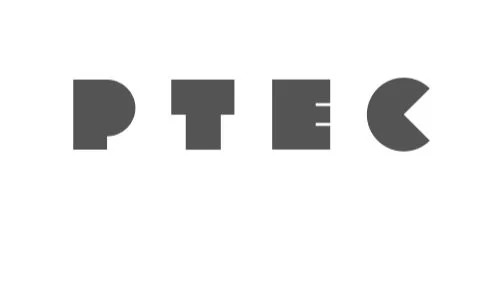PTEC was founded on the belief that all Mississippians deserve quality mental health care.
What we do
The Psychology Training and Evaluation Center (PTEC) exists because a private pay and insurance-based health insurance system often fails families when they need it most. Schools are stretched thin, insurance won’t cover vital skills training, and parents are left navigating gaps alone. We’re dedicated to changing that. Starting with gold-standard testing to provide accurate diagnoses and assist with treatment planning, we’re building a future where every family can access the care they need—because mental health care shouldn’t stop at a diagnosis.
Our testing process is specialized and tailored specifically to the individual client’s needs, but our initial offerings will be focused on neurodevelopmental conditions like autism. Here’s what you can expect from that process.
Step 1: Initial Consultation
What happens: A brief phone/video call to discuss concerns, goals, and collect important information. This includes specific questions about autism-related symptoms, including sensory issues, social communication behaviors, and repetitive tendencies or interests.
Purpose: This initial appointment will provide valuable information in selecting the appropriate tests, answer questions families may have about the testing process, and identify goals for the evaluation to ensure our recommendations are specific, relevant, and helpful.
Step 2: Comprehensive Assessment
What Happens: An in-person testing appointment (usually lasting between 90 minutes and 3 hours) that involves clinical interviews, standardized questionnaires, behavioral observations, and specific testing measures to provide answers and clear recommendations.
Purpose: Our belief is there is no such thing as “normal”—all people are different and unique! However, by using evidence-based tools, we are able to compare different areas of functioning or symptoms to what is typically seen, providing more clear information about clinical conditions and connect with treatments and resources that research supports.
Step 3: Collaborative Feedback Session
What happens: You’ll receive a clear, comprehensive report with recommendations for specific actions (e.g,. at school or in therapy), as well as resources like books, websites, or other information that can be helpful for families. We also schedule an appointment to go over all the results in depth and answer any questions you have.
Step 4: Next Steps
What happens: We can provide referrals, documentation, or enrollment in other PTEC services to best meet needs identified by the evaluation.
PTEC’s mission: "This is where we hope to bridge the gap of services. Programs like social skills training, parent coaching, or family navigation are rarely covered by insurance. That’s why our nonprofit model is unique and aligns with our fundamental mission to build a strong community.
Instead of focusing only on problems, we use a strengths-based approach to empower everyone to reach their full potential, while fostering resilience, confidence, and lasting positive change.
Frequently Asked Questions
-
Other assessments may focus on specific needs (e.g., a school-based evaluation for eligibility for special education services; a speech therapy evaluation to identify skills and goals). PTEC’s evaluations are clinical—we use gold-standard psychological tools to understand your or your child’s needs in a holistic fashion. Many families need both: schools determine educational support, while we can provide a formal or official diagnosis and broader recommendations.
-
Typically 3–4 weeks from testing to feedback, depending on scheduling.
-
It’s one key tool, but we combine it with other data for a full picture. It is not a “pass-or-fail” test—rather, it is a way to see how someone communicates, interacts socially, and responds to typical or common social activities.
-
No studying required! For younger children, most of our tests are play-focused (e.g., building with blocks, reading stories together). We encourage families to tell their child they’ll meet someone new who likes talking with kids and doing different kinds of activities, like puzzles or other games. We avoid calling it “a test” to reduce feelings of pressure or anxiety.
-
Our process is designed to the client’s needs; for example, for nonverbal children, we focus on activities associated with other communication skills (e.g., pointing to pictures, using gestures). The ADOS-2 test that we use has a specific module for nonverbal children. Additionally, our clinicians are trained to adapt, providing breaks for children as needed, offering encouragement, and using pleasant activities to break up more challenging tasks.
-
We’ll still explain their needs and recommend next steps to help develop an appropriate plan for support.
-
Absolutely! We adapt our process and pick tests for the client, and Dr. Fulwiler has extensive experience working with adolescents and young adults on the autism spectrum.
-
A diagnosis can be stigmatizing, but we approach it by understanding how it can inform treatment and support recommendations. It not only can allow clients to access services that they may not otherwise be eligible for without a formal diagnosis, and it can also be helpful in providing greater understanding. It also helps foster awareness—there really is no such thing as “normal” since everyone’s needs, strengths, and weaknesses are different, but being able to connect with others who have similar experiences can be very empowering!

